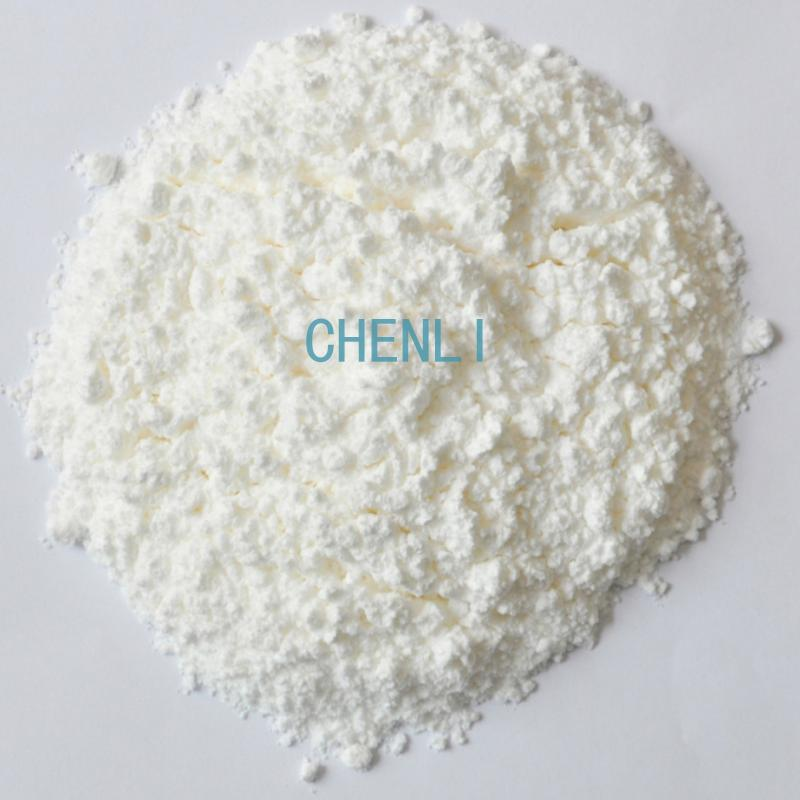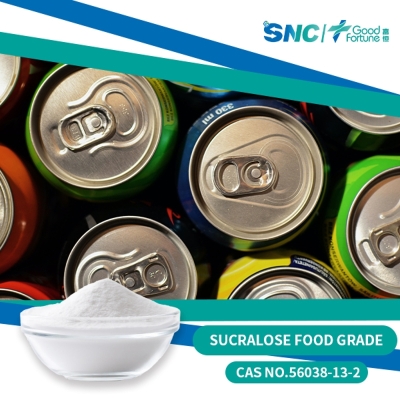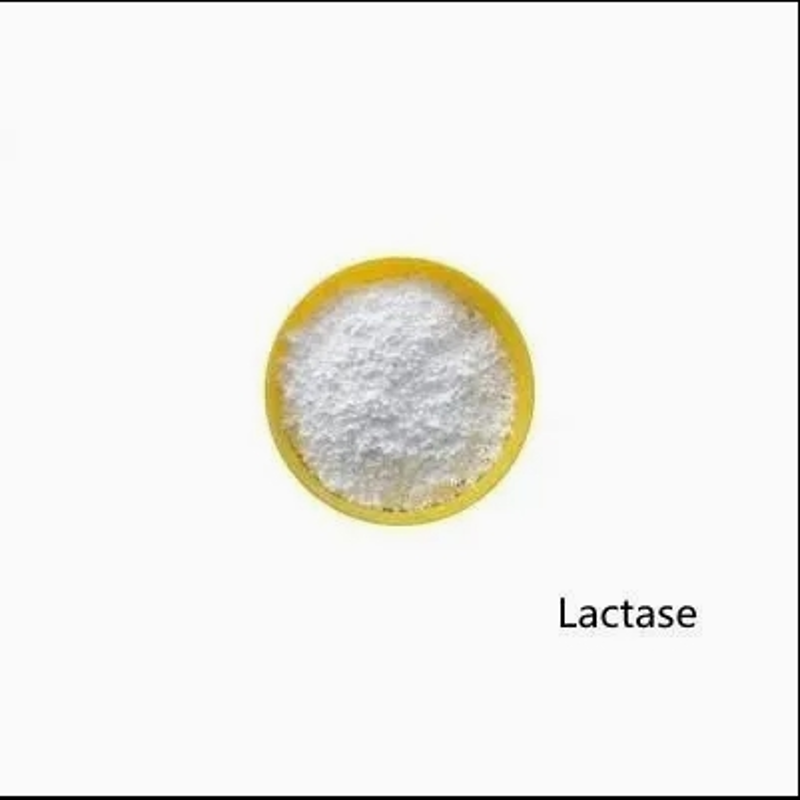-
Categories
-
Pharmaceutical Intermediates
-
Active Pharmaceutical Ingredients
-
Food Additives
- Industrial Coatings
- Agrochemicals
- Dyes and Pigments
- Surfactant
- Flavors and Fragrances
- Chemical Reagents
- Catalyst and Auxiliary
- Natural Products
- Inorganic Chemistry
-
Organic Chemistry
-
Biochemical Engineering
- Analytical Chemistry
-
Cosmetic Ingredient
- Water Treatment Chemical
-
Pharmaceutical Intermediates
Promotion
ECHEMI Mall
Wholesale
Weekly Price
Exhibition
News
-
Trade Service
According to the February 6 news, the current international market rum brands, and Jamaican sugar cane cultivation has been declining year after year, rum brewing raw material molasses supply decreased, local rum producers were forced to import more than half of the demand from overseas raw molasses for production to expand the market share of high-quality rum, while continuing to export large barrels of mixed raw wine.
, according to Evon Brown, chairman of the Spirit Pool Association, demand for premium rum is increasing in the global market, with Jamaica producing large barrels of raw wine used in mixed wines in different countries.
founded in 1932, Spirits Pool represents six rum distilleries still operating, including Appleton Estate, New Yarmouth Estat, Clarendon Distillers Limited Long Distillery Ponders, Hampden Distillers, worthy Park Estate.
the six wineries each import molasses from Fiji, Guatemala, Mexico and other South American countries.
news that the total imports of the six manufacturers have reached about half of the total demand, it is possible to further increase imports.
the national annual output of rum between 2000-2200 liters.
high imports, in addition to increasing the cost of manufacturers, also bring other problems, the most important of which is that the market competition is becoming more intense, some international wine merchants through domestic subsidies and unfair treatment to compete for market share.
Brown cites the fact that, for example, Puerto Rico and the U.S. Virgin Islands receive subsidies under special U.S. government programs, rum producers in those countries can compete at low prices, directly threatening the local industry.
。







